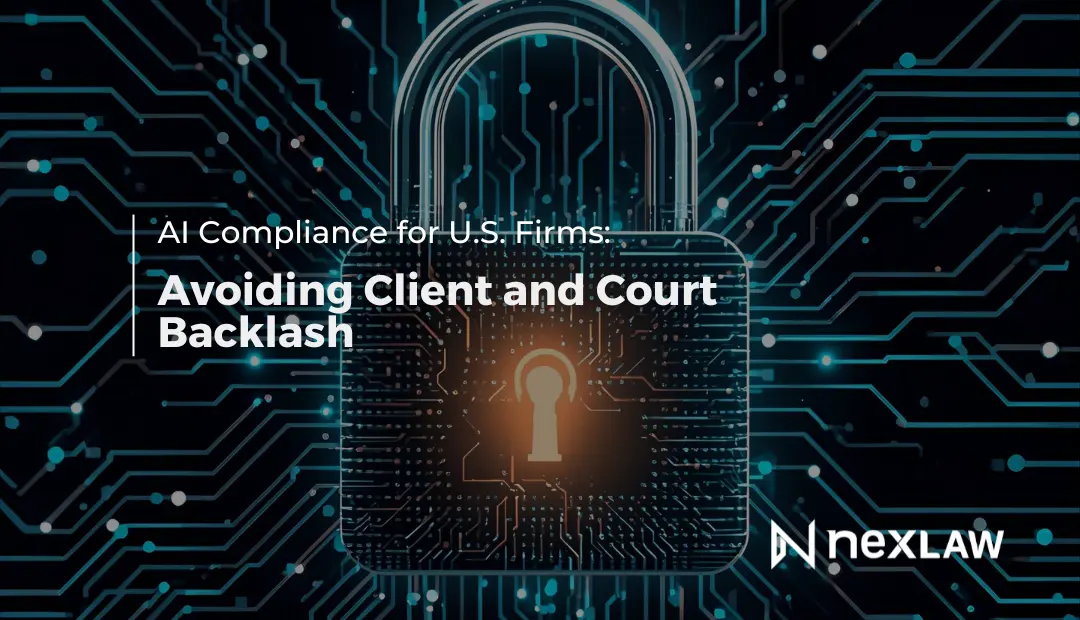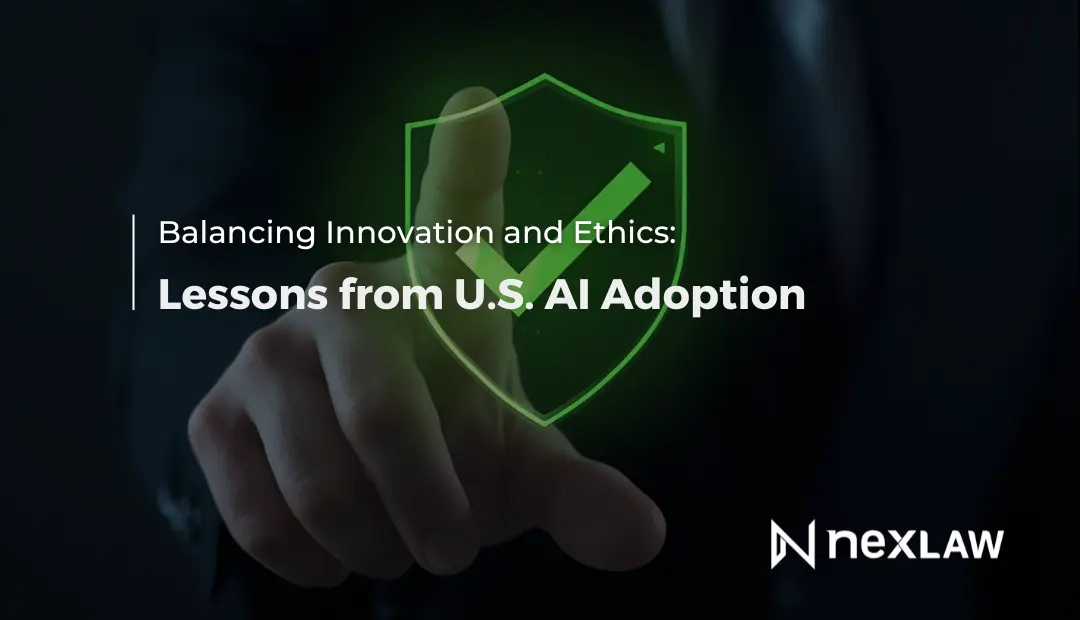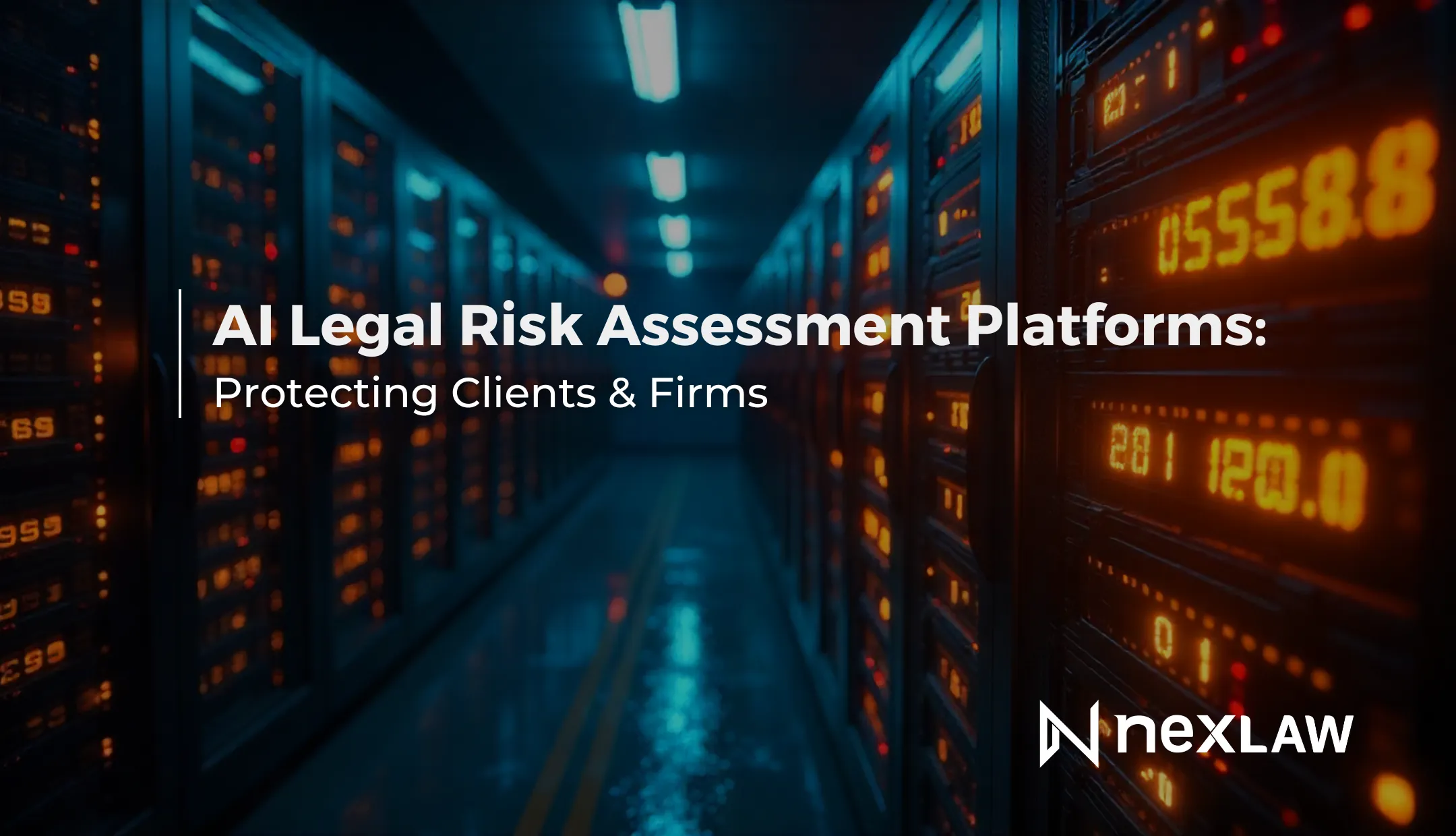AI-Native Law Firms: Is This the Future of Big Law?
The legal industry reached a tipping point in July 2026 when Fortune reported that AI usage has fundamentally shifted from experimental to essential, with 79% of law firms integrating AI tools into workflows. But a new breed of “AI-native” firms is emerging, built from the ground up around artificial intelligence capabilities—potentially making traditional Big Law models obsolete.
Unlock Legal Insights Instantly!
Legal sector analyst Jordan Furlong predicts widespread AI adoption “maybe within the next couple of years,” but AI-native firms aren’t waiting. They’re redefining legal service delivery while traditional firms struggle with legacy systems and billable hour constraints.
The AI-Native Advantage: Built for Speed and Efficiency
Redefining Legal Service Delivery
Traditional Big Law firms retrofit AI into existing structures, creating inefficiencies and resistance. AI-native firms design every process around AI capabilities, eliminating bottlenecks that plague conventional practices.
Key AI-native characteristics:
- Flat organizational structures: Reduced associate pyramids with AI handling routine tasks
- Value-based pricing: Moving beyond billable hours to outcome-focused fees
- Client-direct technology: AI tools accessible to clients for routine legal needs
- Data-driven decision making: Analytics informing strategy and resource allocation
Harvard Law School research from February 2026 found that AI can reduce associate time from 16 hours to 3-4 minutes on high-volume litigation matters—advantages that AI-native firms maximize through purpose-built workflows.
Technology Integration vs. Technology Foundation
Troutman Pepper Locke’s success with 3,000 daily AI prompts demonstrates effective integration, but AI-native firms go further. They eliminate human bottlenecks entirely for routine functions while focusing lawyers on high-value strategic work.
AI-native operational differences:
- Automated intake and screening processes
- AI-first research and analysis workflows
- Predictive case outcome modeling as standard practice
- Real-time compliance monitoring across jurisdictions
The Business Model Revolution
Breaking the Billable Hour Paradigm
AI-native firms abandon time-based billing for value-based pricing, eliminating the productivity paradox that threatens traditional firms. When AI completes 100 hours of work in minutes, billing by time becomes counterproductive.
New revenue models:
- Subscription-based legal services: Ongoing AI-powered support for corporate clients
- Outcome-based pricing: Fees tied to case results and client satisfaction
- Technology licensing: AI platforms developed internally, licensed to other firms
- Hybrid service delivery: Combining AI automation with strategic human expertise
Competitive Advantages Over Traditional Big Law
AI-native firms operate with fundamentally lower overhead while delivering faster, more accurate results. This competitive advantage compounds as AI capabilities advance.
Structural advantages:
- Lower staffing costs: Fewer junior associates needed for document review and research
- Faster turnaround times: AI processing enables same-day brief preparation and analysis
- 24/7 availability: AI systems provide continuous client service without overtime costs
- Scalable expertise: AI multiplies senior attorney capabilities across more matters
Market Disruption and Client Expectations
Corporate Client Demands Driving Change
With 67% of corporate counsel expecting their law firms to use cutting-edge technology, including generative AI, traditional Big Law faces an ultimatum: transform or lose clients to AI-native competitors.
Client preference shifts:
- Transparency in AI usage and cost savings
- Faster response times on routine matters
- Predictable pricing independent of time spent
- Access to AI tools for internal legal team collaboration
The Talent War: Attracting Digital-Native Lawyers
AI-native firms attract top talent with promises of cutting-edge technology, innovative work structures, and escape from billable hour drudgery. With almost one-third of legal professionals considering leaving due to burnout, AI-native firms offer compelling alternatives.
Talent advantages:
- Focus on strategic work rather than document review
- Flexible work arrangements enabled by AI automation
- Technology-forward culture appealing to younger attorneys
- Profit-sharing models reflecting reduced operational costs
Implementation Challenges and Solutions
Regulatory Compliance in AI-Native Environments
AI-native firms must navigate the same regulatory complexity as traditional firms, but with technology-first solutions. The Illinois Supreme Court’s January 1, 2026 AI policy and California’s July 1, 2026 employment regulations create compliance frameworks that AI-native firms can build into their foundational systems.
Compliance advantages:
- Built-in audit trails for all AI-assisted work
- Automated compliance monitoring across jurisdictions
- Real-time bias detection and mitigation protocols
- Integrated professional responsibility training systems
Client Acceptance and Trust Building
While AI capabilities advance rapidly, client acceptance remains a challenge. AI-native firms must demonstrate reliability and transparency to build trust with conservative legal buyers.
Trust-building strategies:
- Transparent disclosure of AI usage in all client communications
- Hybrid models combining AI efficiency with human oversight
- Proven track records through smaller matters before high-stakes cases
- Client education about AI benefits and limitations
The Future Landscape: Coexistence or Replacement?
Traditional Big Law Response Strategies
Established firms face difficult choices: embrace AI transformation or risk obsolescence. Some are acquiring AI-native competitors, while others attempt internal transformation with mixed results.
Big Law adaptation approaches:
- Acquisition strategies: Purchasing AI-native firms to acquire capabilities
- Internal development: Building AI competencies from existing technology teams
- Partnership models: Collaborating with AI-native firms for specialized matters
- Client service differentiation: Emphasizing relationship value over technological efficiency
Regulatory and Professional Responsibility Implications
The legal profession’s regulatory bodies struggle to keep pace with AI-native innovation. Professional responsibility rules developed for traditional practice models may require fundamental revision.
Regulatory considerations:
- Supervision requirements for AI-generated work product
- Client confidentiality in AI-processing environments
- Professional competence standards for AI-assisted practice
- Fee arrangement ethics in value-based pricing models
Market Predictions: The Next Five Years
Legal experts predict significant market consolidation as AI-native advantages become undeniable. Traditional firms that fail to transform risk losing market share to more efficient competitors.
Transformation timeline:
- 2025-2026: Early adopter AI-native firms capture market share
- 2027-2028: Traditional firms forced into AI transformation or acquisition
- 2029-2030: AI-native becomes standard practice across legal markets
The Stanford HAI finding that AI tools “made up information in about one out of six instances” demonstrates that human oversight remains essential, suggesting hybrid models rather than pure AI replacement.
Position Your Firm for the AI-Native Future
The shift toward AI-native legal practice is already underway. Firms that delay risk falling behind as competitors embrace automation, analytics, and intelligent workflows from day one.
NexLawAI provides the foundation for modern legal practice, supporting:
- Case analysis and timeline generation
- AI-assisted legal research and trial prep
- Ongoing compliance monitoring and risk management
Whether you’re starting fresh or evolving your existing firm, NexLaw equips you to lead in an AI-powered legal market.
Book a Demo – See how NexLaw powers the next generation of AI-native law firms
Explore Plans – Includes a free 3-day trial to start building your AI advantage
GET 15% OFF for annual plans using promo code: ANNIV15MONTHLY or ANNIV15ANNUALY
*t&c applied | visit our website for more details










